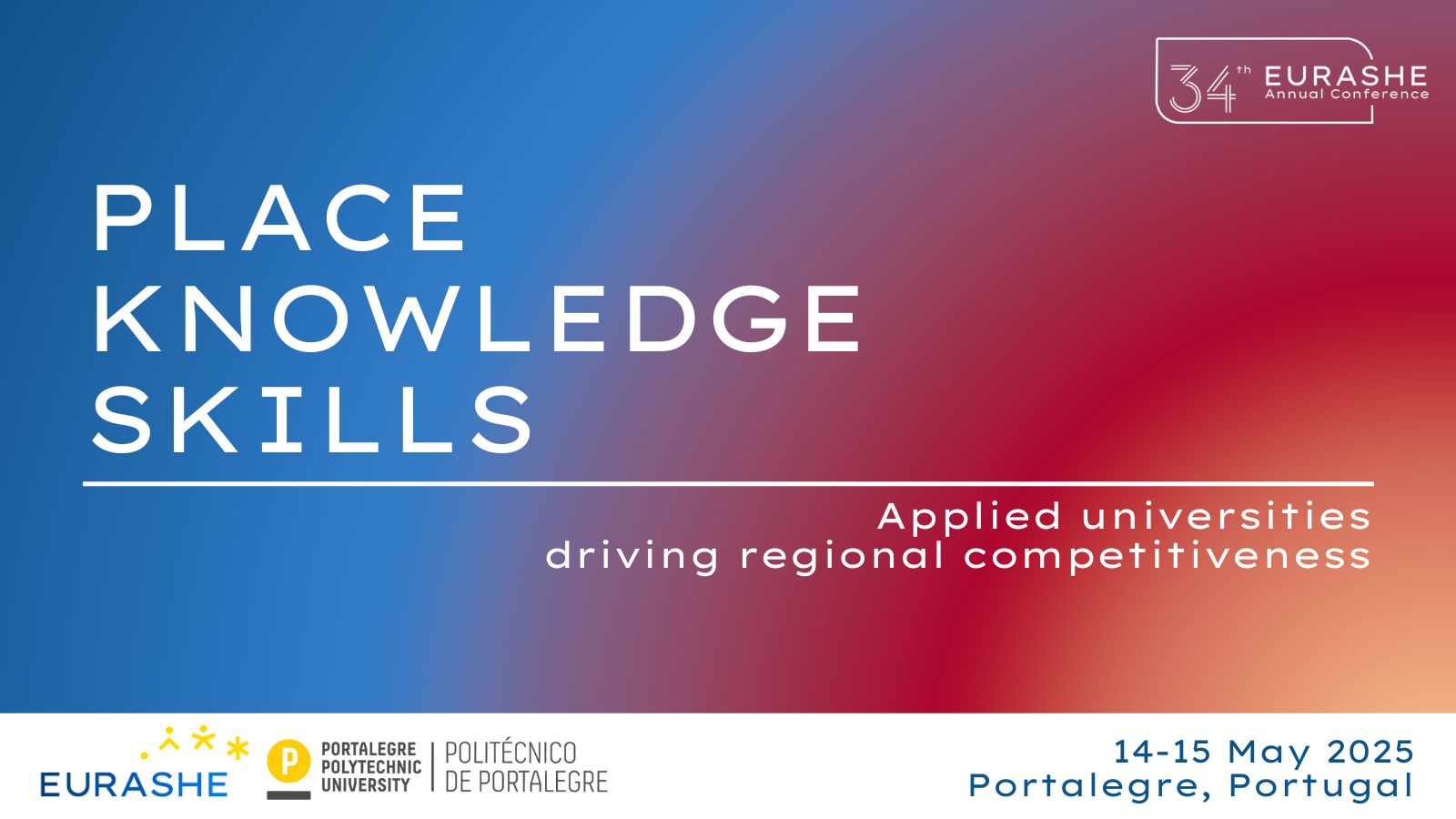New real-world challenges and frontiers in science require collaborations across a range of actors in order to arrive at solutions. Climate change is a case in point. For research to play a transformative role in how our societies are shaped locally, in Europe, and world-wide, science systems need to adopt new assessment approaches. Our working group involves 40+ organisations. It aligns three distinct yet interconnected streams of activities towards transformations and will deliver shared workshops and products.
Transdisciplinarity forms a critical and self-reflexive research approach that co-produces new knowledge by integrating different scientific and non-scientific insights in order to tackle complex societal challenges. Despite its crucial importance for transformative change, current funding and evaluation schemes reflect deficits and inconsistencies in assessing the specific qualities, preconditions and success factors of excellent transdisciplinary research. Therefore, together with diverse stakeholders this subgroup aims to co-develop interoperable standards and guidance for science organisations regarding call designs, proposal formats, assessment criteria, panel design, processes and reporting.
Applied/practice-based research can deliver contributions to solving challenges and problems related to ongoing transformations (societal, economical, ecological, or digital). Applied sciences involve partners from outside academia (e.g. from the private, public or third sectors) into their research activities. This subgroup, which involves in particular also Universities of Applied Sciences, is dedicated to the quality assessment of applied / practice-based research. It will develop recommendations for universities, research organisations and funders with particular respect to societal and economic impact and regional development.
Generating societal Impacts is increasingly expected. Following a scheme in the UK (‘REF’), impact can be defined as ‘an effect on, change or benefit to the economy, society, culture, public policy or services, health, the environment or quality of life, beyond academia’. Our subgroup will improvethe understanding and measurement of societal outcomes and impacts. It will develop guidelines for research and funding organisations, and it intends to equip early career researchers with relevant knowledge, including narrative CVs, to broaden professional perspectives. Our work will begin with a stocktaking of existing approaches.


